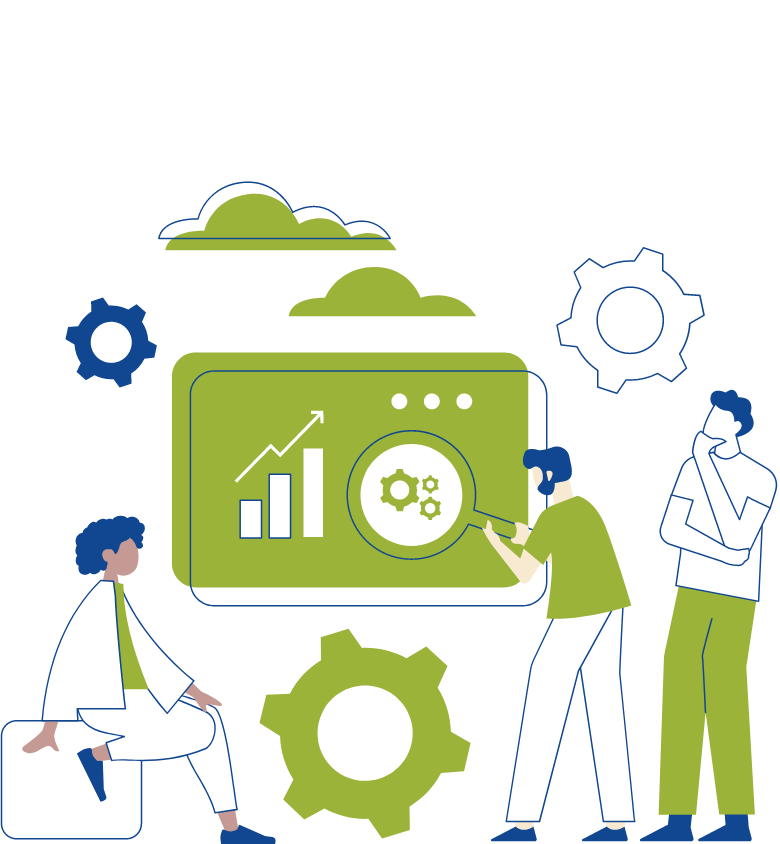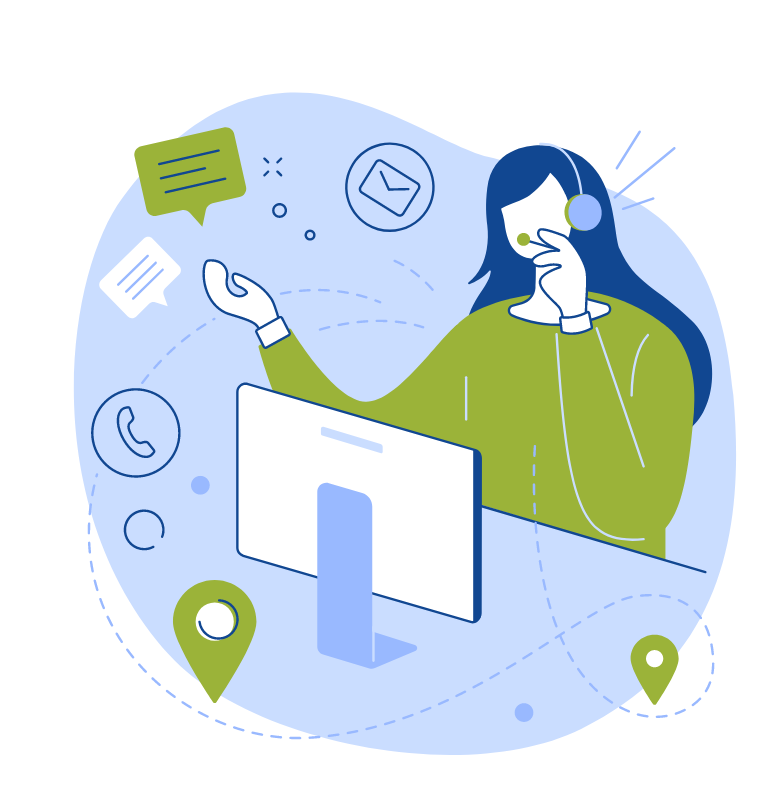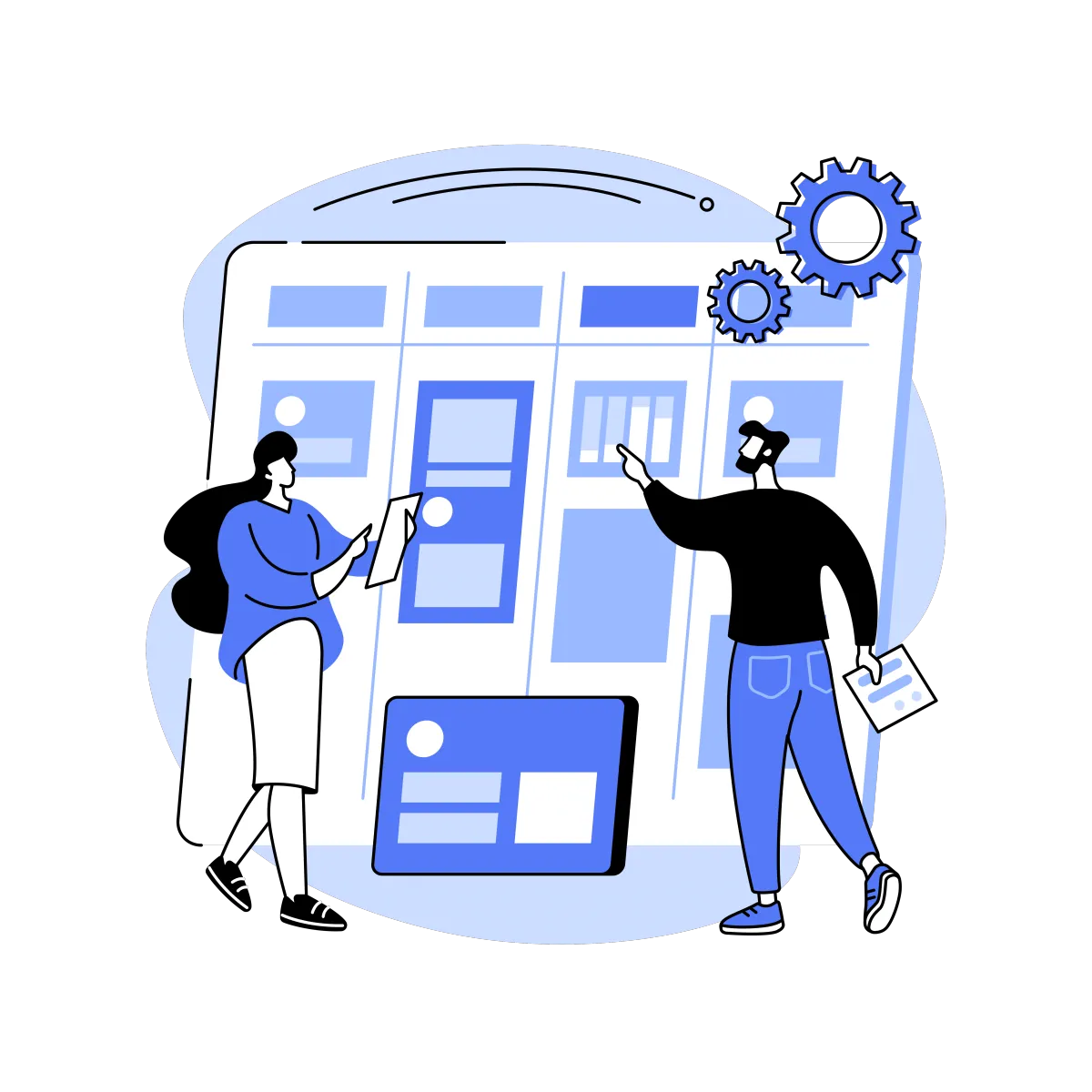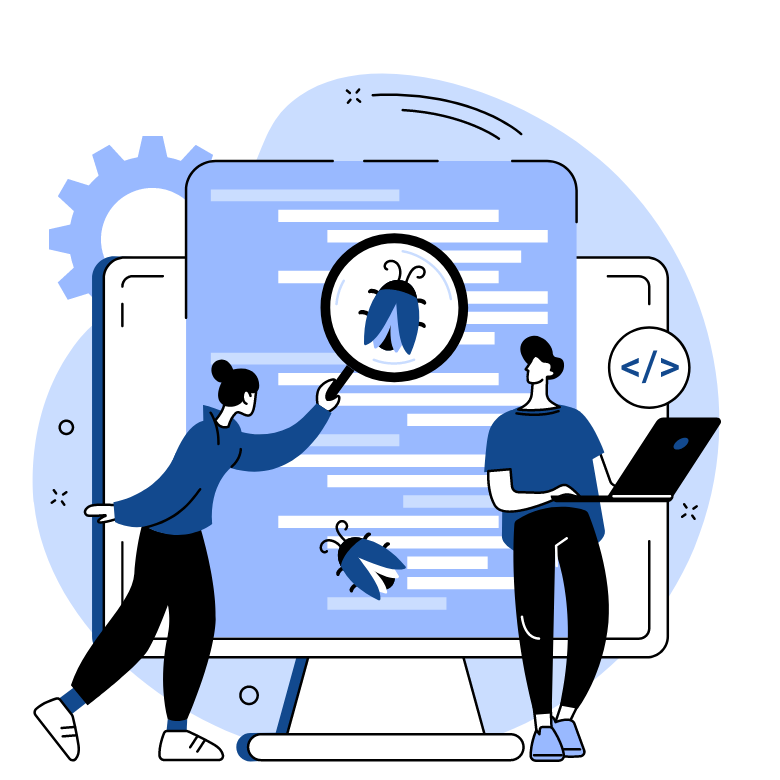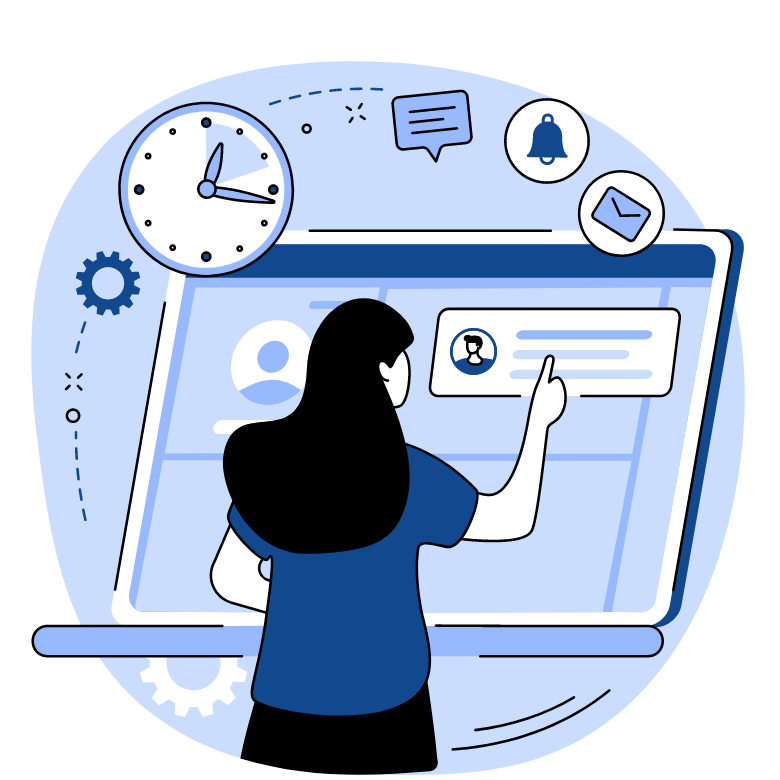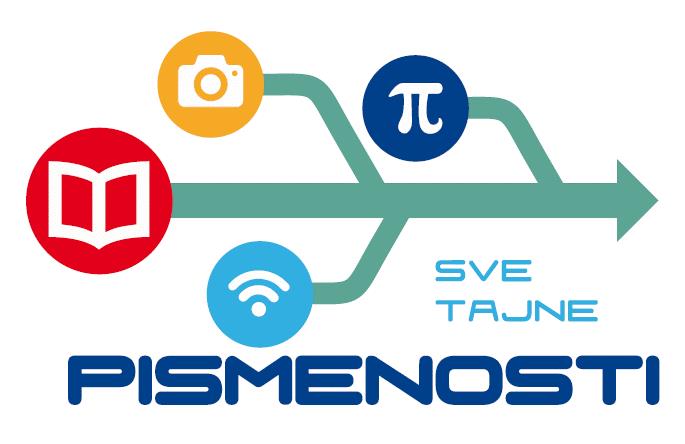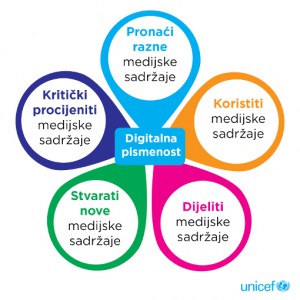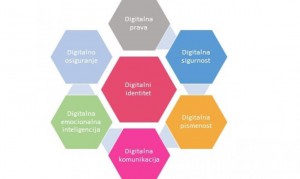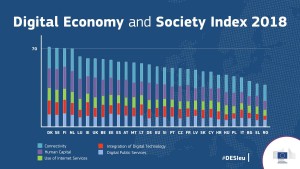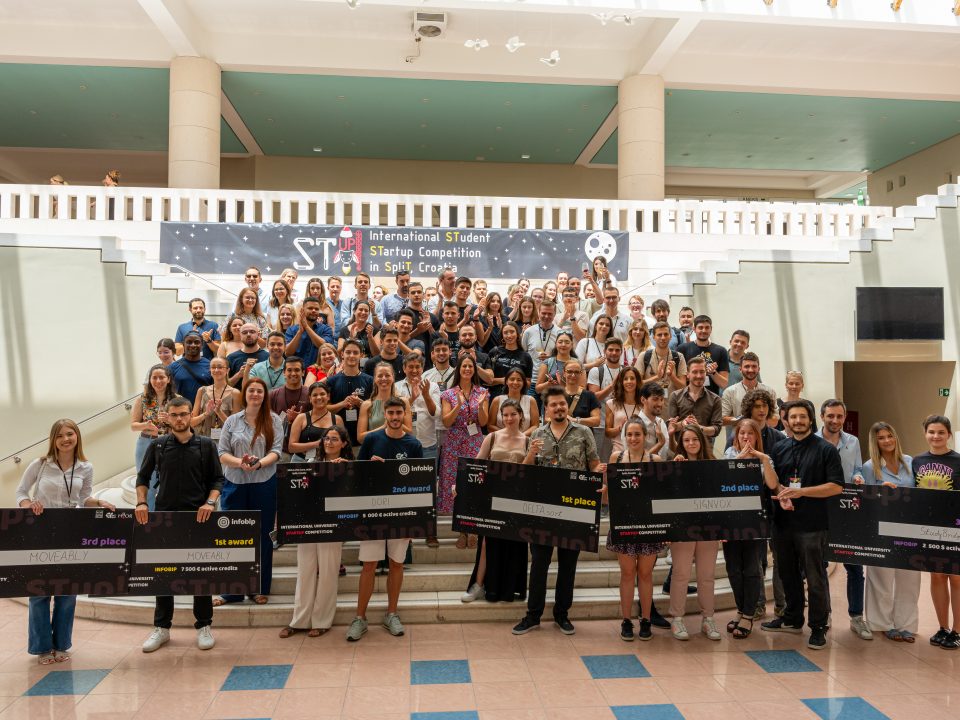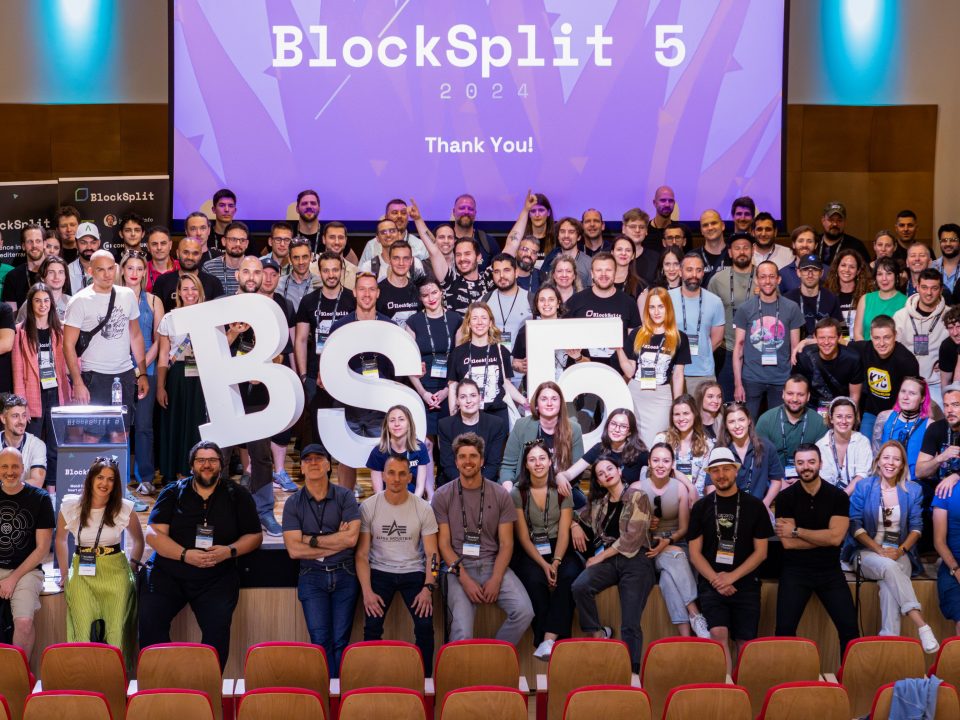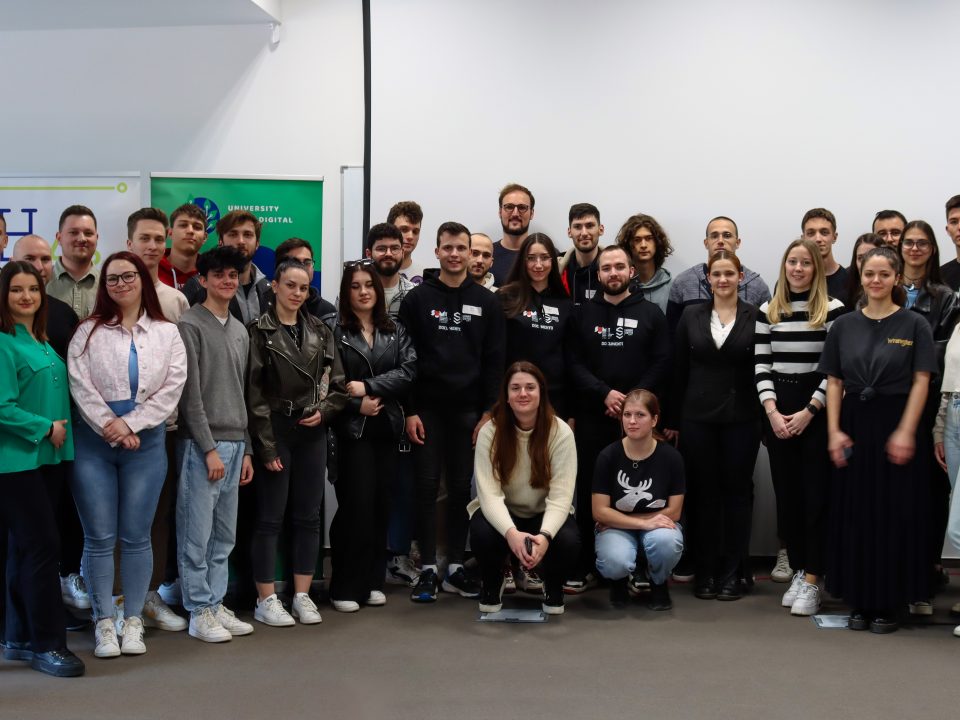
To what extent do genes influence our business decisions?
25/01/2019
Mark Cuban’s 12 rules for starting a startup
26/02/2019In ancient Greece, the biggest insult was to call someone illiterate. Today we all know how to read and write. Does literacy today mean more than reading and writing?
We live in a digital age where rapid technological development changes our societies and economies from moment to moment. Today, almost all jobs require some level of digital skills, and the same is true for participation in society in general. Information is all around us. New media with which we transmit information are emerging. In the modern world, we need to know how to find information, recognize information that can solve a problem, evaluate and organize information and use it effectively. If we are able to do all that, then we can say that we are information literate .
Digital literacy is also mentioned today. It refers to the ability to read and understand hypertext or multimedia texts, and includes understanding images, sounds and text. We are talking about information available via the Internet and digitized materials that are, for example, available in libraries. Specific skills covered by this term include making judgments about online sources, searching the Internet, managing multimedia content, communicating via the network. In contrast to digital literacy, information literacy implies the entire world of information, including those in printed form. Therefore, it is a broader term than digital literacy because not all information is yet in electronic form, and the range of available digital content is modest compared to the amount of printed sources.
The Internet enables us to find information from all areas of life. But if something is published on the Internet, it does not necessarily mean that it is true. Just as we critically observe the world around us, we must also be critical of the information published on the Internet. Being critical does not mean denying something. Being critical means verifying the information we have received. It is worth asking: What is the purpose or goal of the published information? What do the authors of the information want us to believe? What details and facts are missing that are important for the subject being written about?
According to research, the speed and amount of information exchange has accelerated in the last ten years, and the social and economic consequences of this are multiple. Experts predict that within the next 10 years even more than 90 percent of the world’s population will be connected via the Internet. The opportunities for networking and global connectivity are immense. However, all these trends in technology still create great uncertainty in predicting how we will communicate in the future, and our children will be the real guinea pigs of these new ways of communication. In the last two decades, children have been using digital technologies at an ever younger age and for ever longer periods of time during the day. The latest research shows that today’s children spend more than seven hours a day in front of screens – from television and computers to mobile phones and various digital devices. This period of time is greater than the time children spend with their parents, and even the time spent at school. Considering the amount and type of consequences, such spending time has a great impact on the psychological and physical health of children. Therefore, the direction in which our children will develop largely depends on the types of digital content they consume, on who they meet online and how much time they spend with computer devices.
Digital intelligence or DQ for short is a set of social, emotional and cognitive skills that enable a person to face the challenges and potential dangers of the digital world. These skills can be divided into 8 large areas – skills:
- Digital identity – a way to set up and create a personal identity and your own reputation in the digital world
- Digital use – developing skills in using digital devices and balancing time spent online with participation in real life
- Digital security – the ability to detect digital/internet threats and use tools for self-defense and data protection
- Digital security – the skill of awareness and management of risky behaviors and dangerous contents and methods of protection
- Digital emotional intelligence – the skill of empathy and the skill of building good online relationships
- Digital communication – the ability to communicate and cooperate with others in the joint use of digital technologies and media
- Digital literacy – the skill of finding Internet content, evaluating and using it, and creating it, as well as ways to share that content with others
- Digital rights – the ability to understand and preserve personal rights, including rights to privacy, intellectual property, freedom of speech and protection against hate speech.
Students, teachers and businessmen believe that the existing educational model should be changed in the direction that follows the development of new technologies. According to research conducted by The Economist’s Intelligence Unit (EUI), less than half of under-25s believe that the education system is teaching them what they need to succeed, while 51% of entrepreneurs think that a lack of the necessary skills is holding back their business. Entrepreneurs believe that they need people who know how to solve problems, work well in teams and have communication skills, and those under 25 predict that they will need more digital literacy, creativity and entrepreneurial knowledge in the future. But 49% of professors claim that they do not have time to incorporate “21st century skills” into their lectures due to the rigid curriculum. A third of them believe that they lack the necessary training for this. EUI research points to the fact that educational systems cannot cope with the pace of technological change. The young respondents are right when they prioritize digital literacy because information and communication technologies (ICT) create about 150 thousand jobs every year. Despite the fact that 22 million people are currently unemployed in Europe, of which 4.5 million are under the age of 25, employers cannot find employees with the skills they are looking for. The European Commission forecasts that in these technologies by 2020 to be almost a million unfilled jobs. This is why most EU member states have introduced the learning of computer programming into their school curricula as education ministries have realized that computer skills are key to developing “21st century skills”. But schools are not the only places where learning takes place. Students acquire the knowledge they need themselves. According to the EIU survey, only 58% of those between the ages of 18 and 25 believe that educational institutions teach them digital literacy, but as many as 80% think they have it.
According to DESI analysis (The Digital Economy and Society Index) for 2018. year, which is carried out by the European Commission and which monitors the evolution of the digital competitiveness of EU members, Croatia is at the very bottom of the ranking.
Croatian schools joined the European project for the development of students’ digital competences. As part of the European research and innovation program OBZOR 2020 , the “CRISS” project was launched, the purpose of which is to test a platform that will enable the acquisition and evaluation of students’ digital competencies in primary and secondary schools across Europe. The goal of the project is to include 490 European educational institutions that will include 25,400 students and 2,290 teachers during the 2018/2019 school year. 15 international partners, leaders in the fields of new technologies, digital competences, educational innovations, learning and teaching from the European Union, participate in the project. The Croatian partners in the project are the Faculty of Organization and Informatics, which plays a key role in the preparation and implementation of the project, and the Croatian Academic and Research Network (CARNET). Through the Croatian Academic and Research Network (CARNET), Croatian students and teachers will be involved in the project. Teachers will be able to apply the CRISS platform in the teaching activities of various subjects, whereby digital competences will be developed and evaluated.





